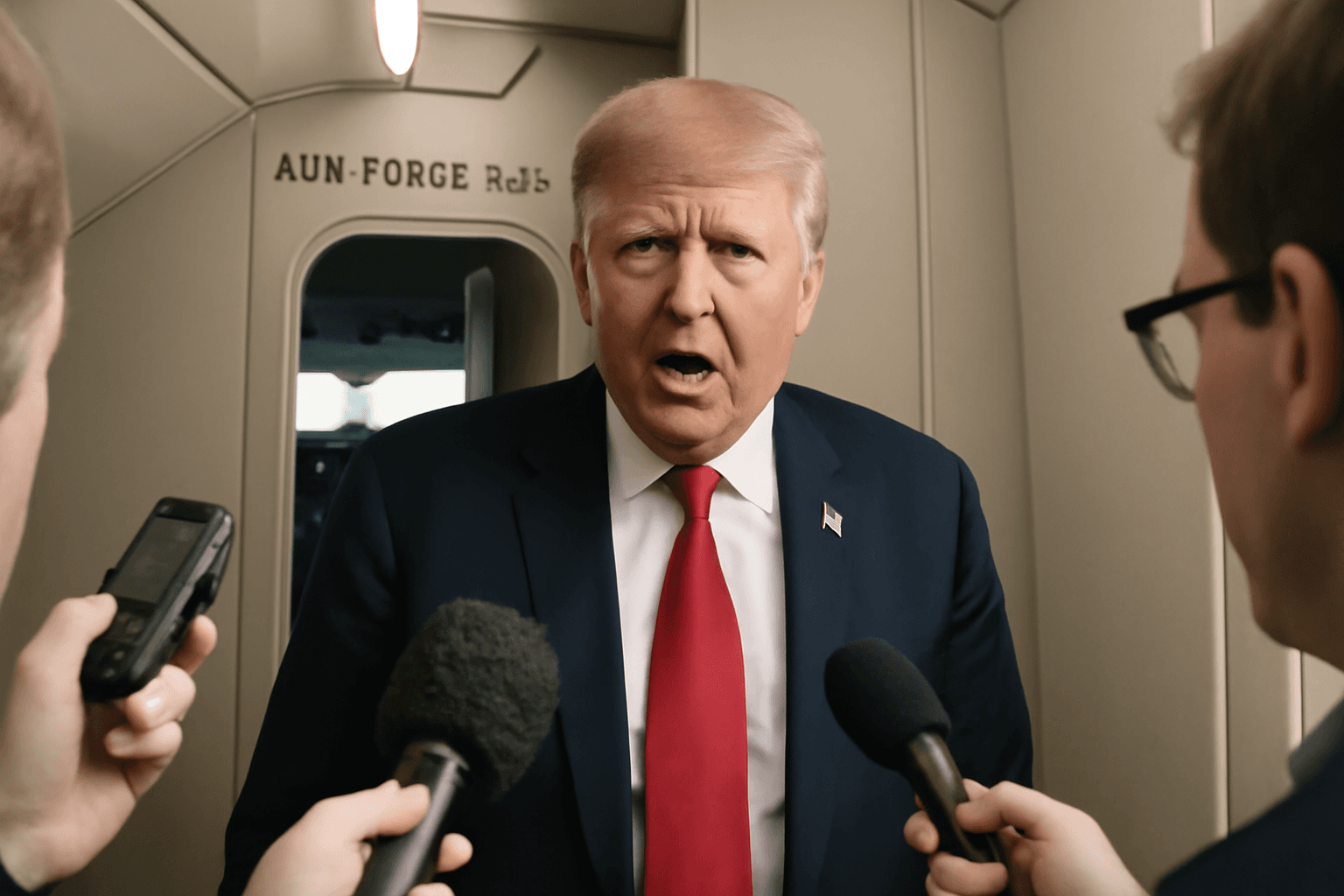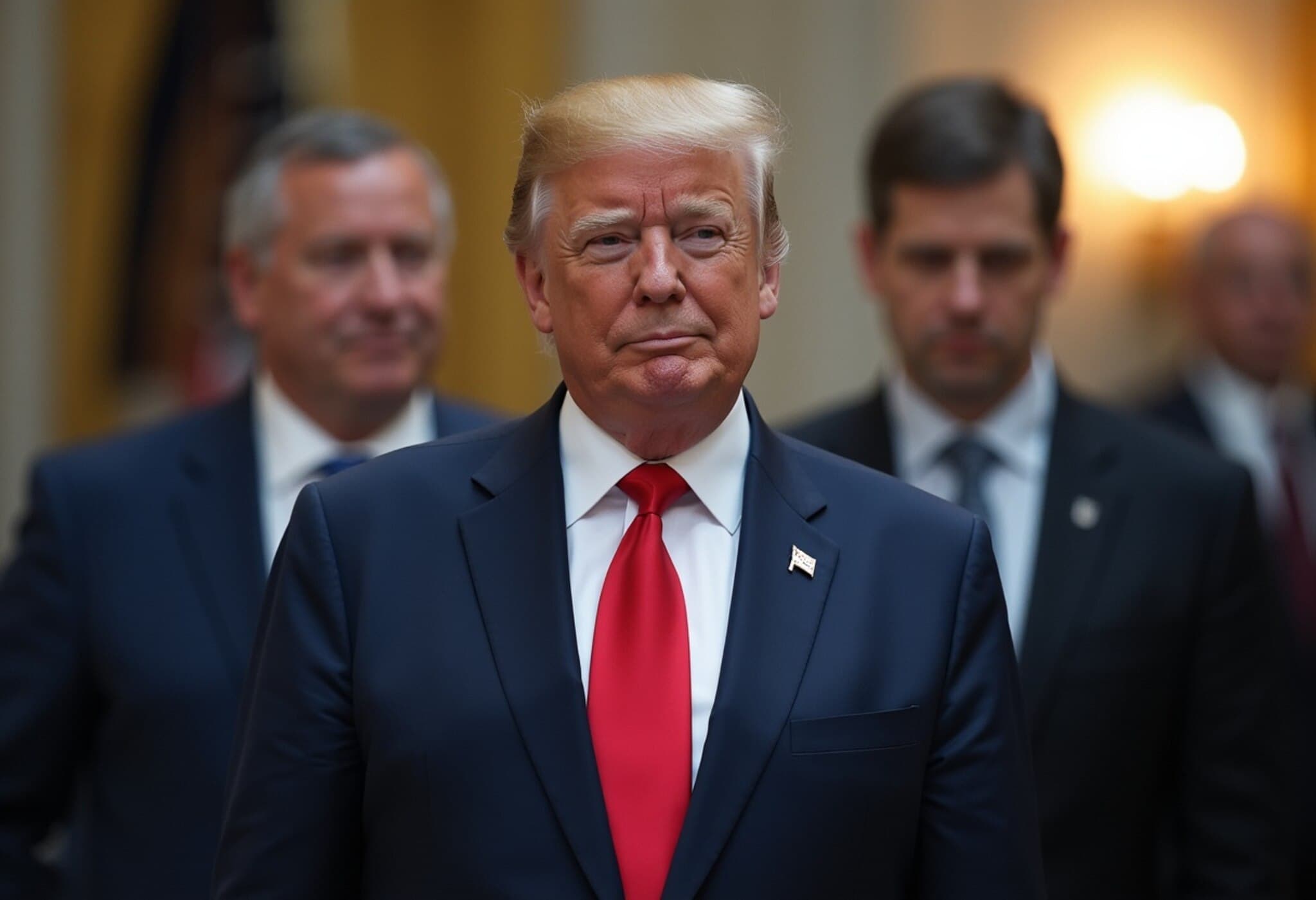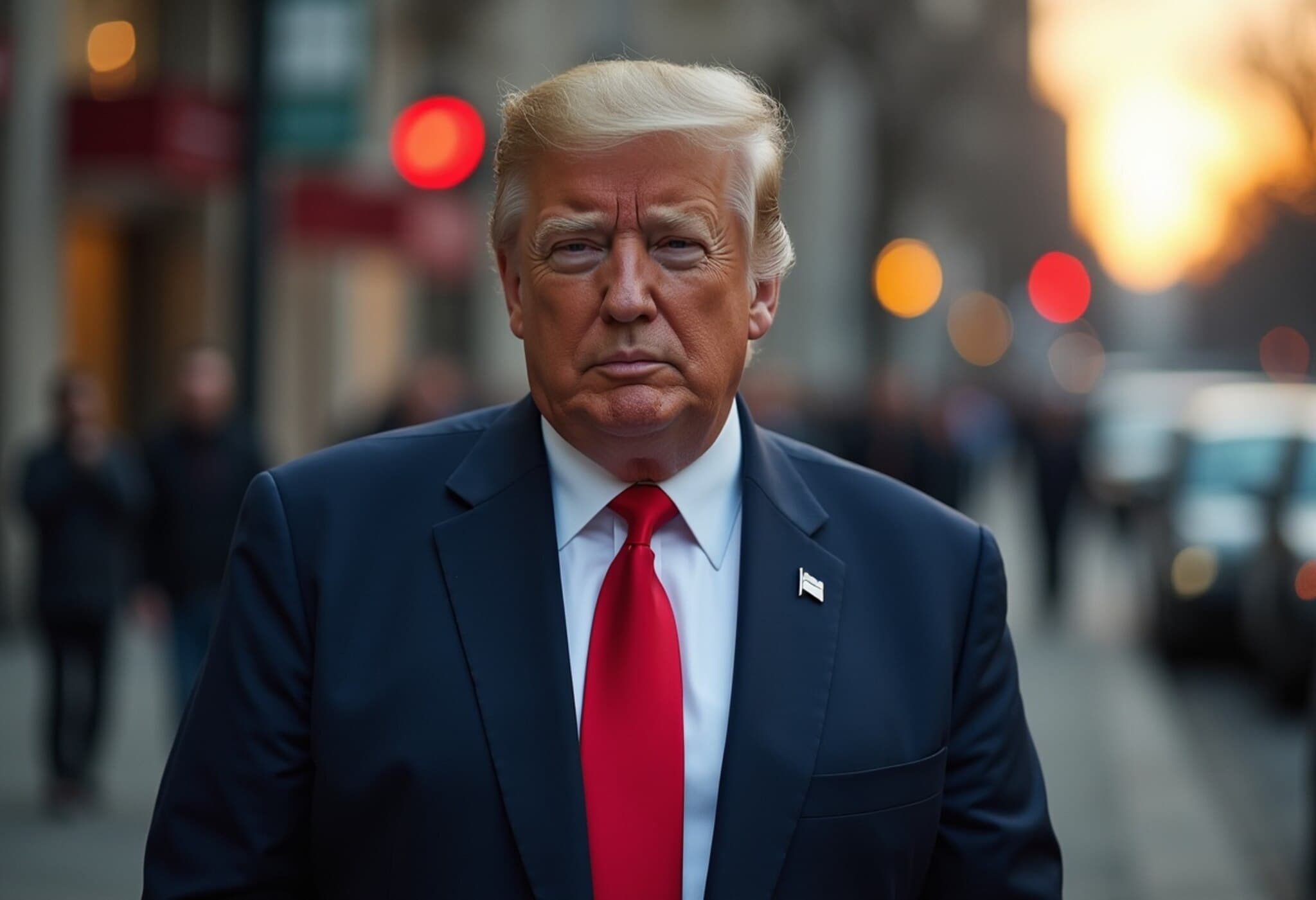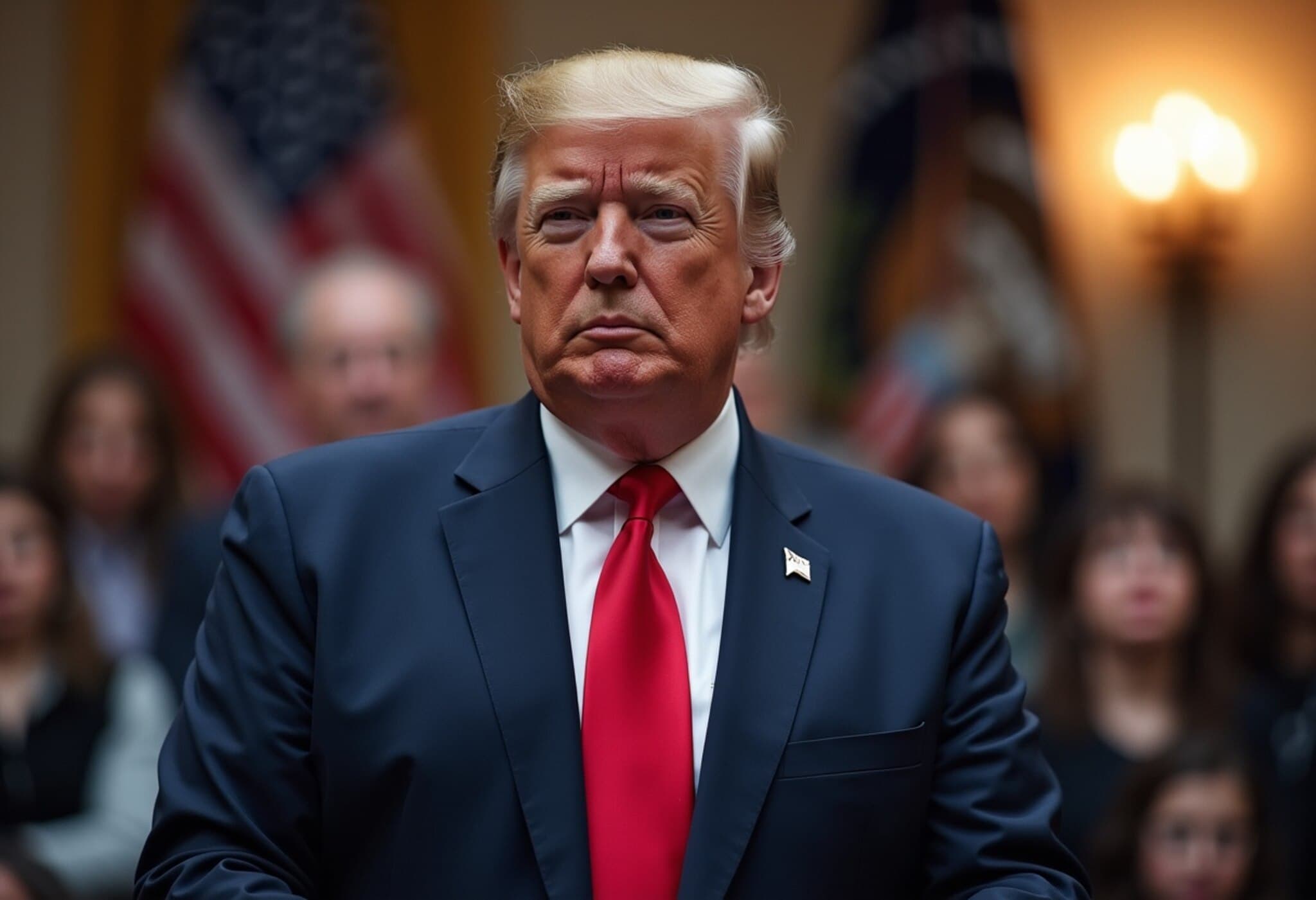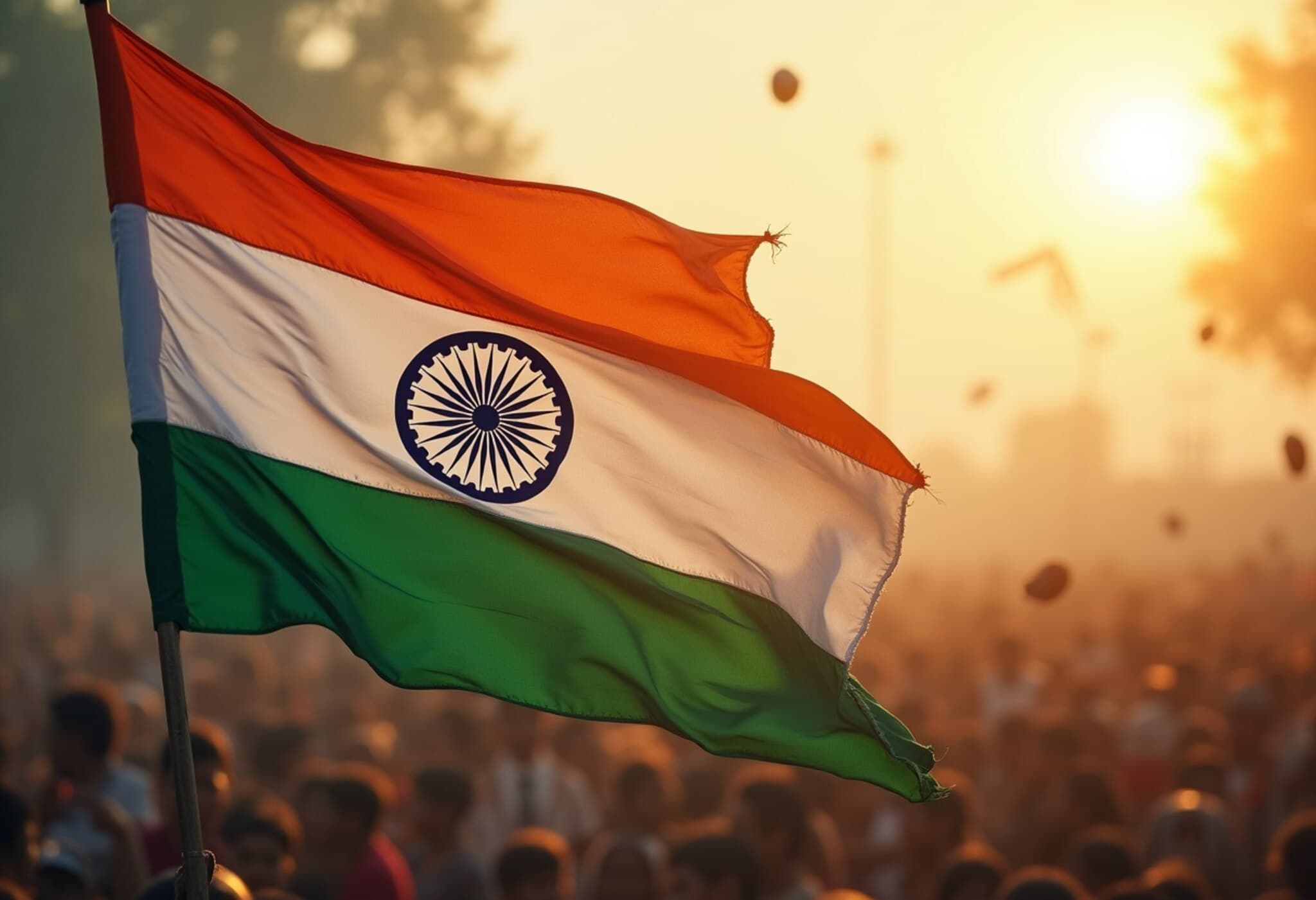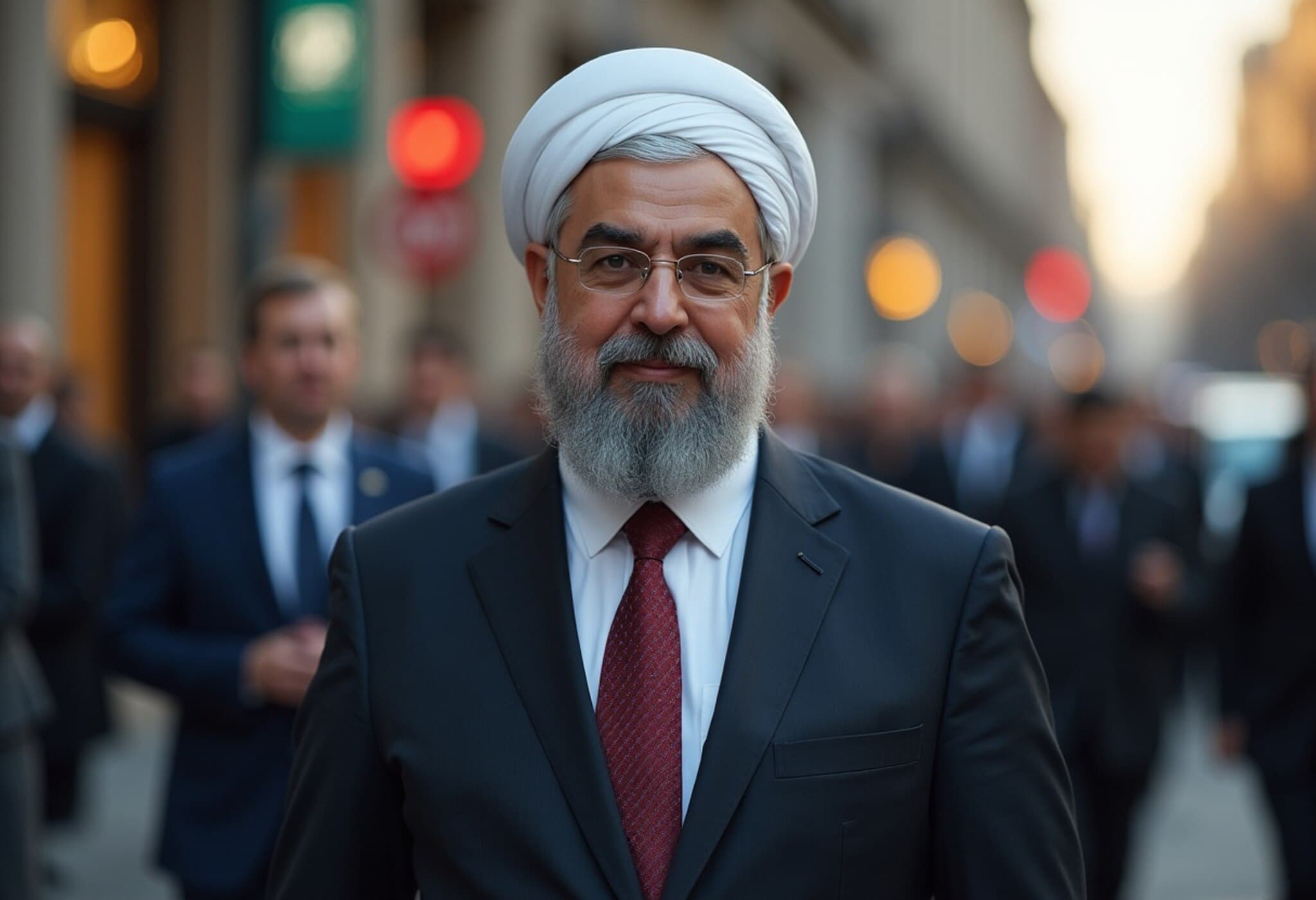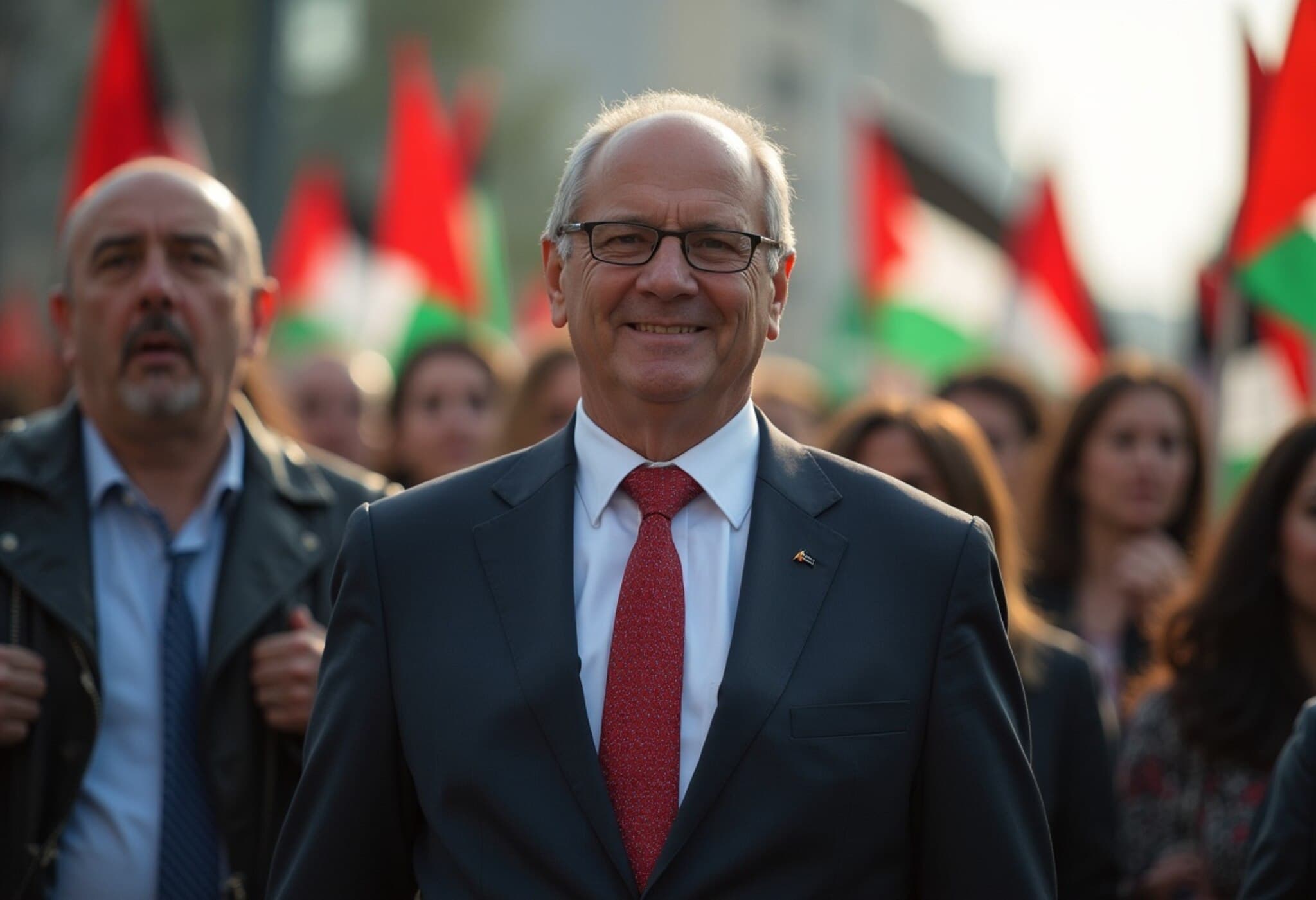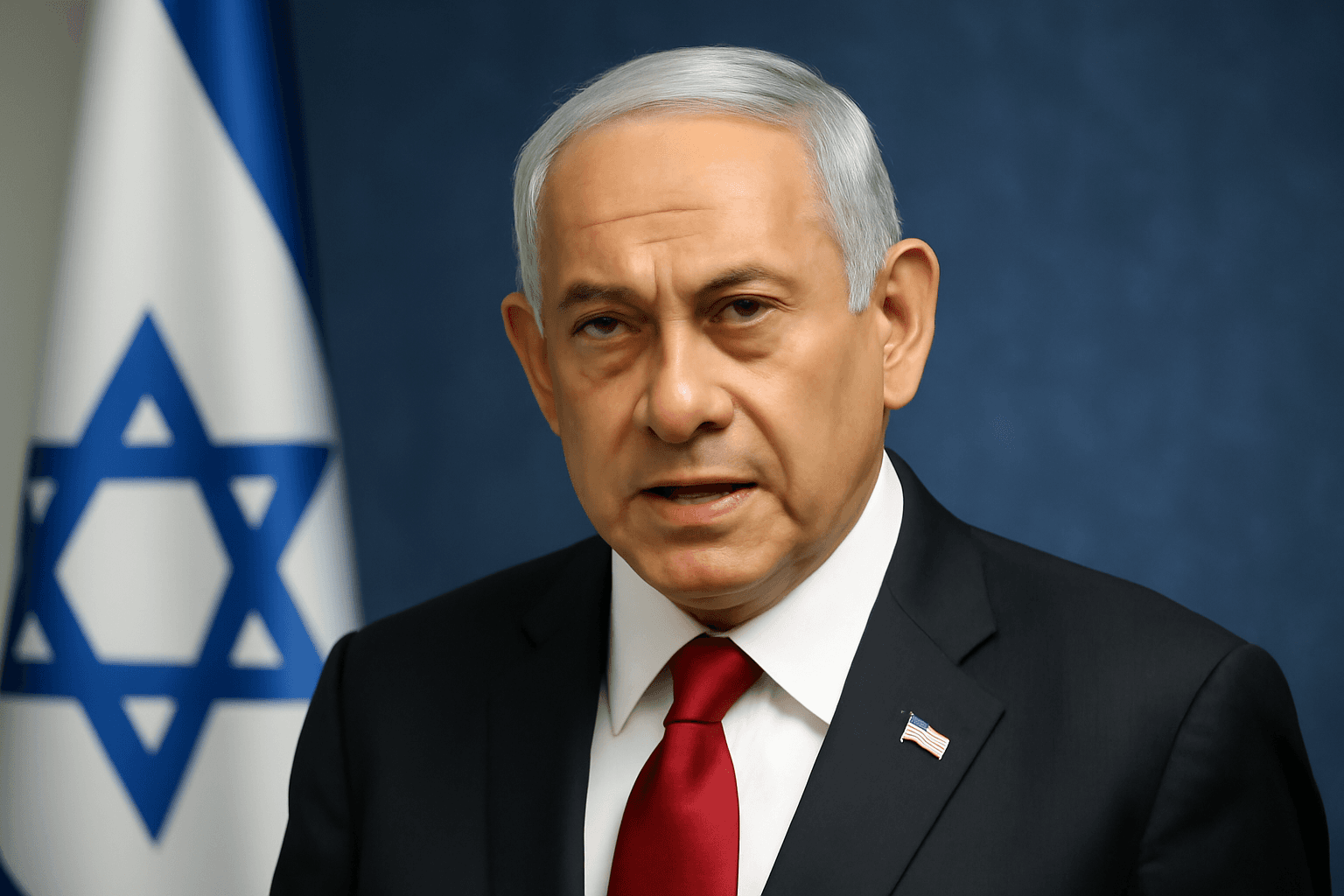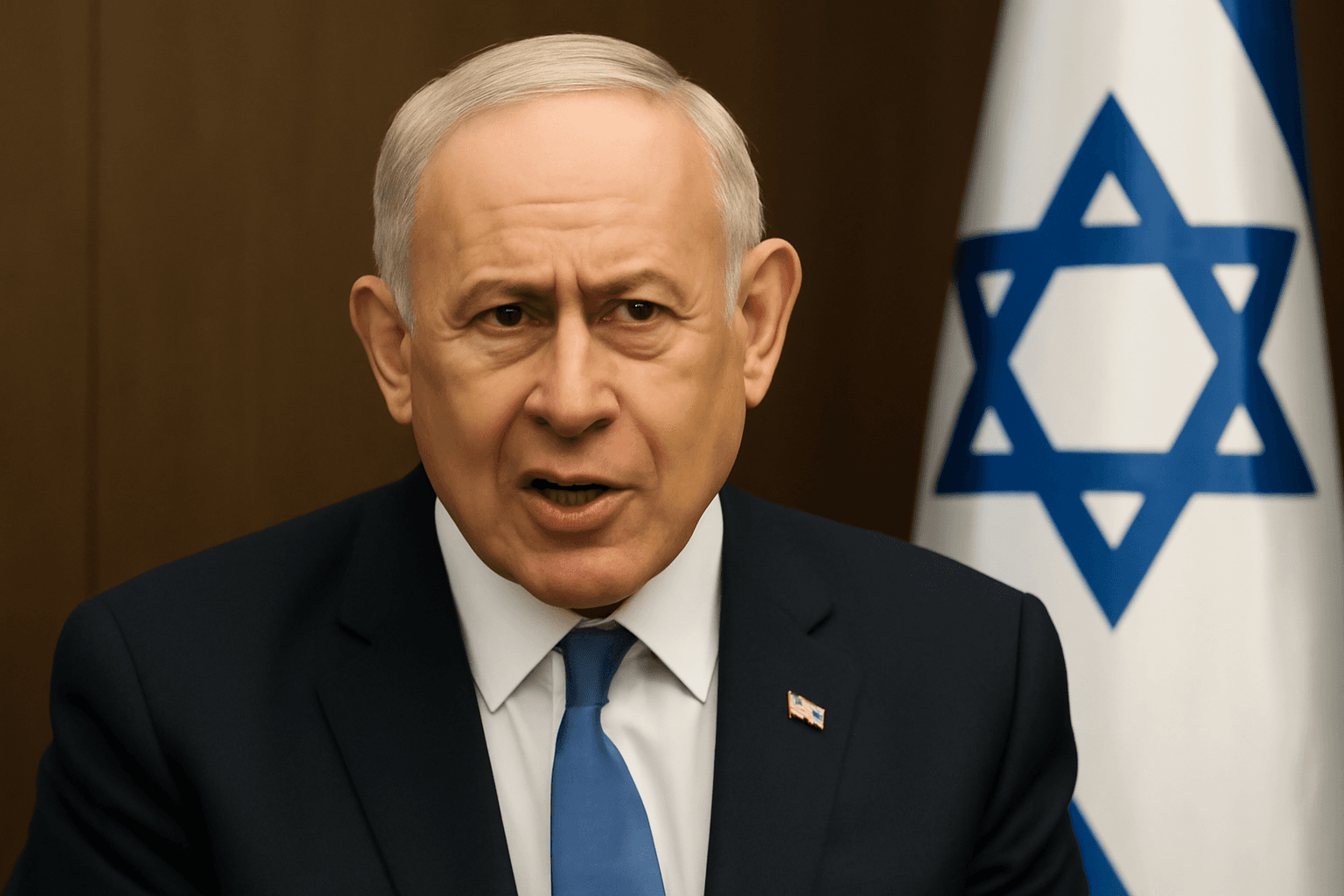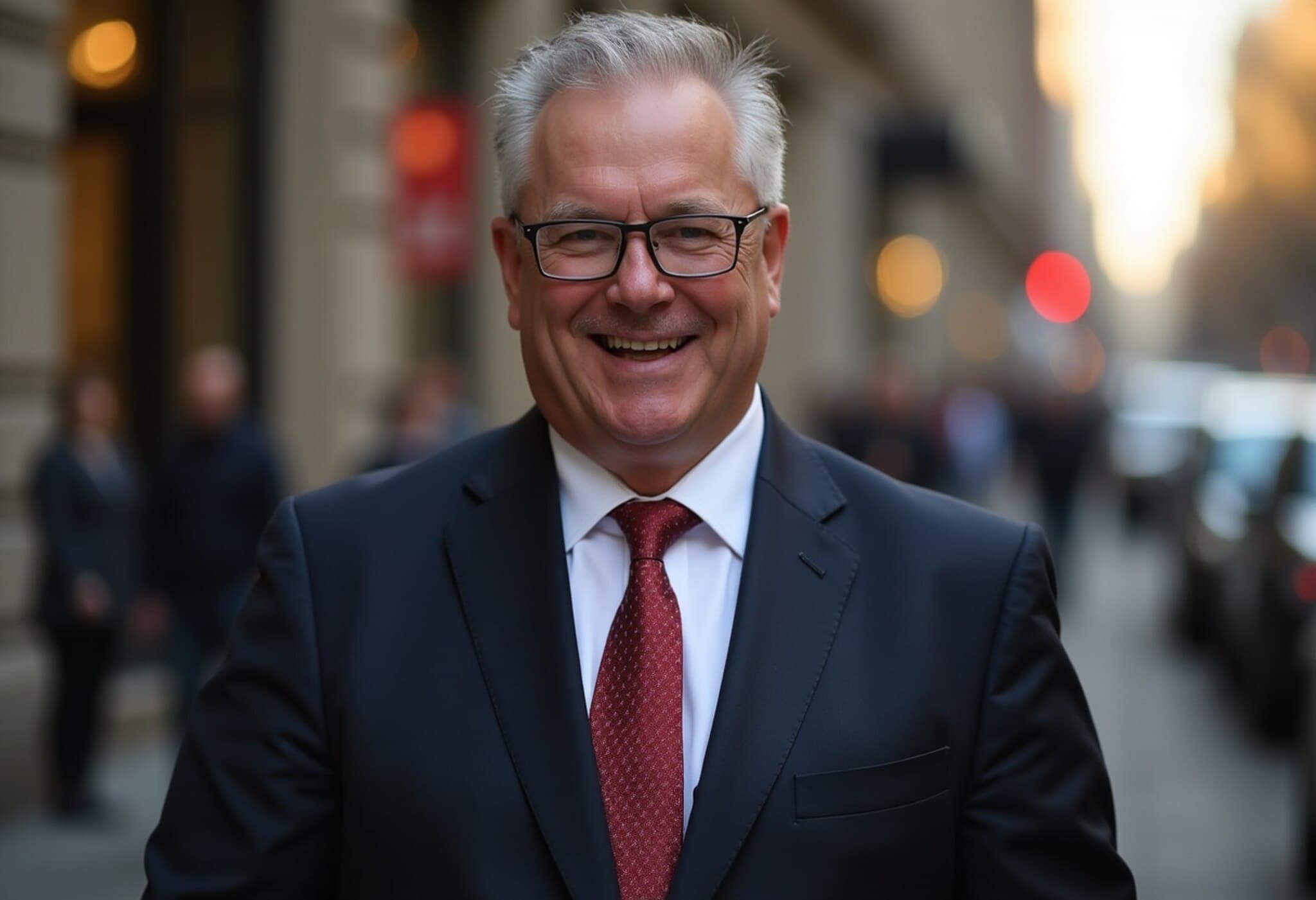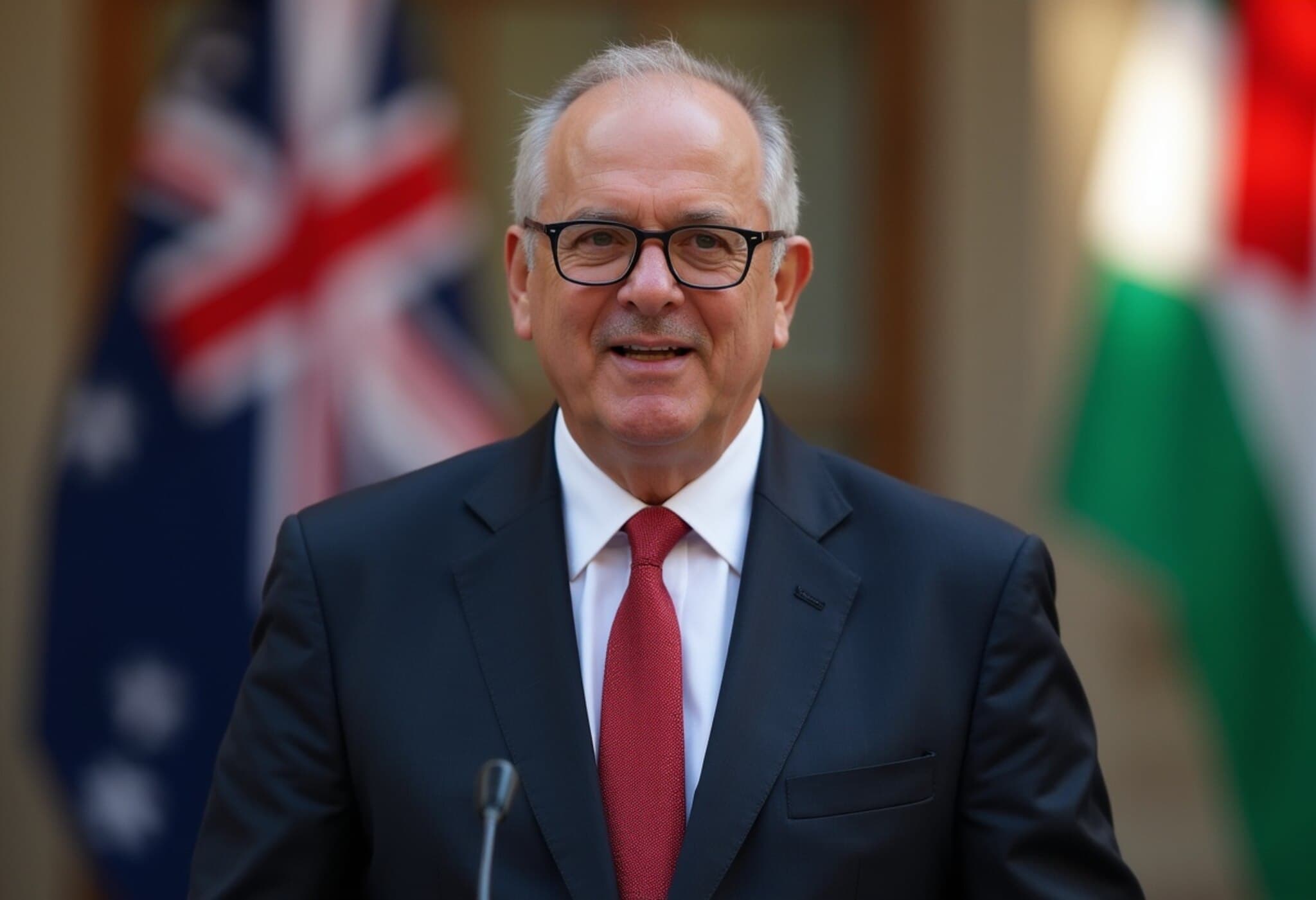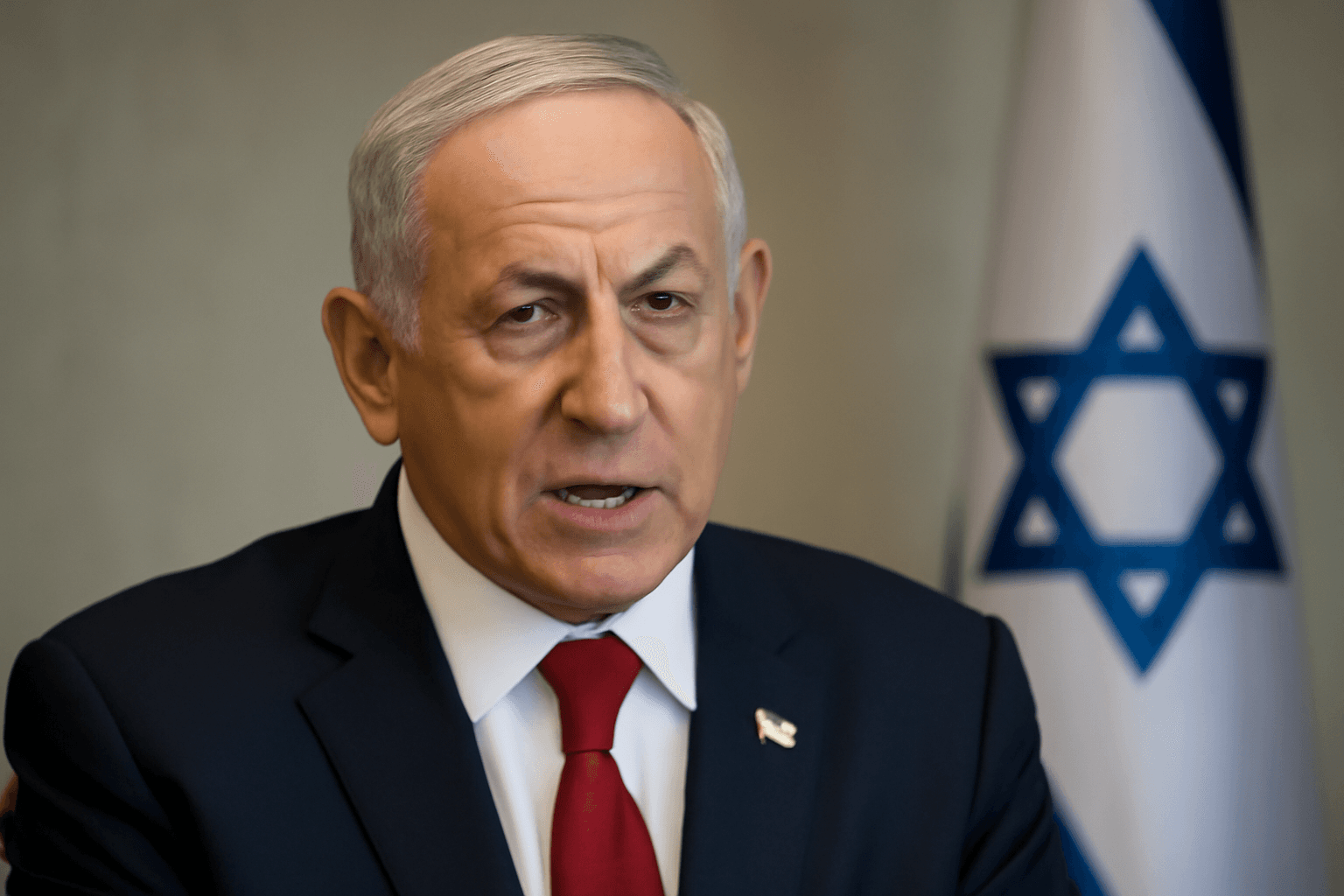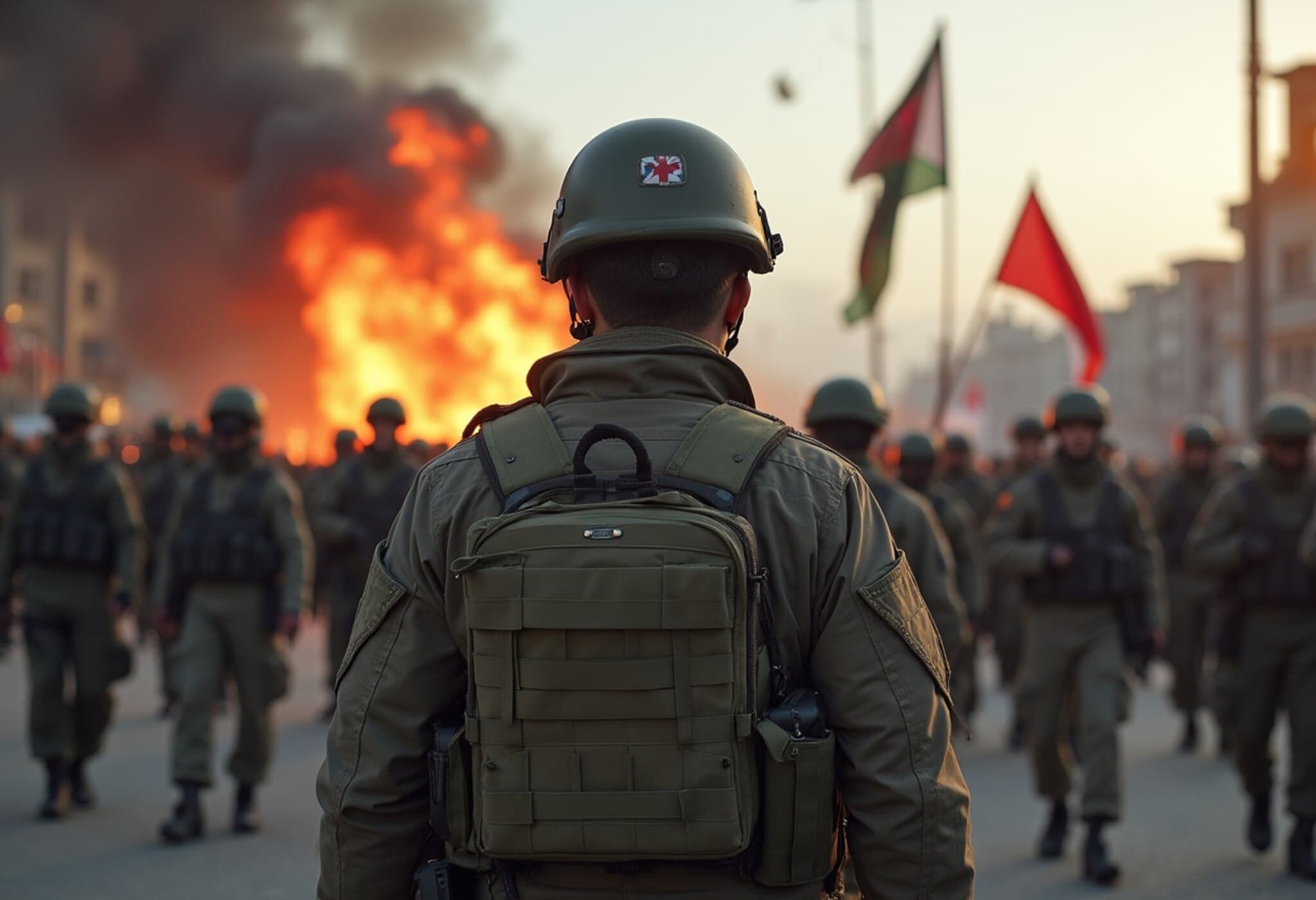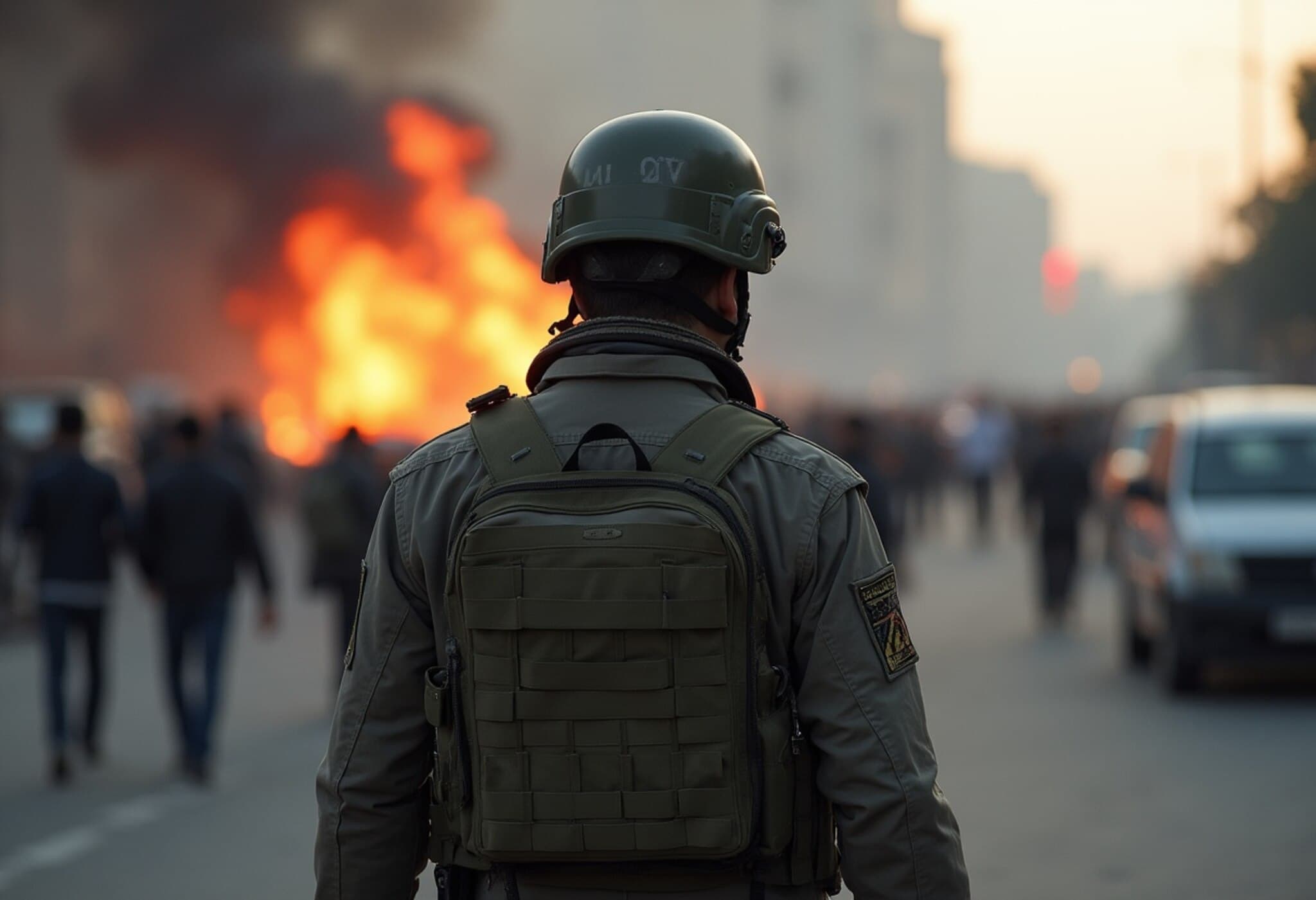Understanding the Urgency Beyond Diplomatic Recognition
In the midst of growing global debates around Palestine, a vital question emerges: is recognizing Palestine as a state enough to halt the suffering endured by millions? Amal Naser, a third-generation Palestinian refugee and activist, argues passionately that mere recognition falls short. Her family’s history and ongoing personal anguish illuminate a harsh reality — sanctions and a decisive halt to arms exports are the only meaningful ways to stop the violence inflicted upon Palestinians.
Generational Trauma and Determined Resistance
Amal’s story begins with a legacy marked by the Nakba of 1948, the forced displacement of her grandparents from Lydd, in what was then historic Palestine. Their exile was accompanied by the uprooting of 80% of the local population by Israeli militias, an event that set the stage for decades of conflict and dispossession. Growing up in a household defined by stories of loss and resilience, Amal never needed a government’s recognition to affirm her Palestinian identity or her right to self-determination. Her identity was forged through lived experience, and her resolve through witnessing ongoing occupation and violence — from the West Bank’s encroachments to Gaza’s suffocating blockade.
A Movement Rooted in Action
For nearly two years, Amal has been at the forefront of grassroots organizing with the Palestine Action Group, leading weekly demonstrations and advocating for concrete measures to stop what international witnesses have termed genocide. One of the group’s most impactful actions was a massive Sydney Harbour Bridge protest, one of Australia’s largest demonstrations in solidarity with Palestinians, fueled by heart-wrenching images of children starved, families crushed under rubble, and urgent calls from loved ones trapped in conflict zones.
Recognition Without Action: A Hollow Gesture
Despite popular misconceptions, official recognition of Palestine as a state does not translate into protection or justice for its people. Amal highlights a glaring contradiction: while diplomatic declarations emerge, Australia continues to supply vital military components to Israel. For example, Lockheed Martin’s F-35 jets, heavily implicated in the destruction of Gaza, incorporate Australian-made parts — a fact quietly removed from the company’s public disclosures. Such exports help enable ongoing violence and directly contradict international laws that prohibit aiding military operations associated with human rights violations.
- Australian parts inside lethal military jets under fire in Gaza.
- Continued arms trade despite mounting calls for embargoes.
- Government rhetoric focused on recognition rather than stopping supplies.
A Call for Concrete Sanctions
Amal’s message is unequivocal: Israel’s actions will not be stopped by speeches or symbolic recognitions. Only binding sanctions and a complete arms embargo can dismantle the military infrastructure driving the conflict. Australia, alongside other nations, faces looming legal and moral obligations to prevent further complicity in ongoing atrocities. The consequences are deeply personal and immediate — from the systematic bombardment of hospitals and schools to the decimation of entire families.
The Human Cost and the Global Responsibility
The indiscriminate violence, including incidents where innocent children like six-year-old Hind Rajab fell victim to military assaults, reflects a staggering disregard for international humanitarian law. Israel’s declaration of treating Gaza’s population “as animals” following Hamas’s attacks in October 2023 underscores a brutal approach condemned by UN experts and much of the global community.
Yet, political inertia and geopolitical alliances have allowed the continuation of occupation, siege, and an escalating death toll. For Amal and many Palestinians worldwide, inaction equates to complicity.
Lessons from History and the Path Forward
Amal warns of repeating past mistakes, recalling Australia's 2003 boycott of public opposition before the Iraq invasion, which led to devastating consequences. The current Australian government confronts a critical juncture — to choose whether to align with people’s desires for justice or to remain entangled in systems perpetuating oppression.
Looking ahead: On August 24, 2025, a nationwide march for Palestine aims to galvanize public demand for tangible actions: comprehensive sanctions and an end to all trade connected to military aggression. The movement, fueled by community grief and resilient hope, refuses to be silenced.
Editor’s Note
The complexities surrounding Palestine’s struggle are often oversimplified into diplomatic gestures that fall short of addressing brutal realities on the ground. Amal Naser’s testimony provides a piercing, personal perspective on why true change requires more than recognition — it demands active intervention through sanctions and an arms embargo. As the international community grapples with questions of sovereignty, human rights, and justice, this narrative raises crucial questions: How can governments reconcile strategic alliances with ethical imperatives? What lessons must be learned from history to avoid further complicity in human suffering? And for citizens worldwide, how can activism translate into policy change that alters the fate of millions?




